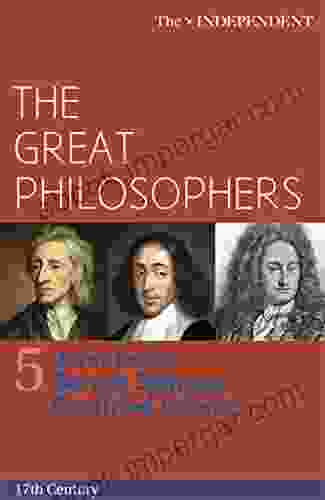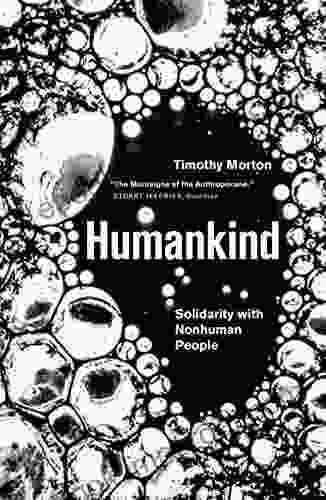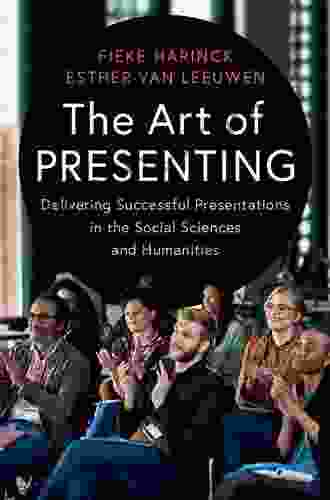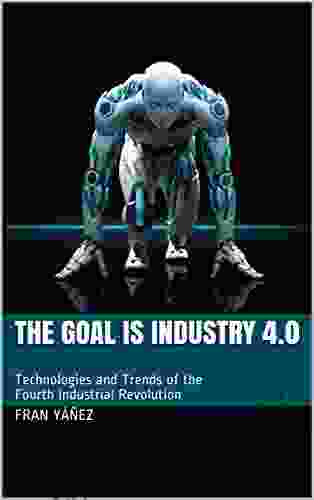John Locke, Baruch Spinoza, and Gottfried Leibniz: A Philosophical Trinity

In the annals of intellectual history, few periods have been as fertile as the late 17th and early 18th centuries. This era witnessed the rise of modern science, the Scientific Revolution, and the dawn of the Enlightenment. It was also during this time that three towering figures of Western philosophy emerged: John Locke, Baruch Spinoza, and Gottfried Leibniz.
4.2 out of 5
| Language | : | English |
| File size | : | 911 KB |
| Text-to-Speech | : | Enabled |
| Screen Reader | : | Supported |
| Enhanced typesetting | : | Enabled |
| Word Wise | : | Enabled |
| Print length | : | 41 pages |
| Lending | : | Enabled |
These three philosophers, each with their unique perspective and approach, made seminal contributions to our understanding of human nature, knowledge, and the world around us. Their ideas have shaped the course of Western thought for centuries and continue to resonate today.
John Locke: The Empiricist
John Locke (1632-1704) was an English philosopher widely regarded as the father of empiricism. Empiricism is the philosophical view that all knowledge is derived from experience. Locke believed that the human mind is a "blank slate" at birth and that all ideas are acquired through sensation and reflection.
Locke's influential works, including Two Treatises of Government and An Essay Concerning Human Understanding, laid the foundation for modern political liberalism. His theory of natural rights, which includes the right to life, liberty, and property, has had a profound impact on constitutional law and democratic governance.

Baruch Spinoza: The Rationalist
Baruch Spinoza (1632-1677) was a Dutch philosopher of Portuguese descent. Spinoza was a rationalist, meaning he believed that knowledge could be acquired through reason alone. He developed a unique and controversial metaphysics that identified God with nature, arguing that there is only one substance in the universe.
Spinoza's philosophical masterpiece, Ethics, is a profound treatise on ethics and the nature of human happiness. He emphasized the importance of reason, self-control, and the pursuit of knowledge as the path to a fulfilling life.

Gottfried Leibniz: The Polymath
Gottfried Leibniz (1646-1716) was a German philosopher, mathematician, scientist, and diplomat. Leibniz was a polymath, with interests ranging from metaphysics and epistemology to mathematics, physics, and jurisprudence.
Leibniz is best known for his theory of monads, which he described as the fundamental building blocks of the universe. Monads are immaterial substances that possess a unique internal state and interact with each other through a process of pre-established harmony.
Leibniz also made significant contributions to mathematics, including the development of differential and integral calculus. His philosophical ideas have influenced both rationalism and idealism, making him one of the most influential thinkers of his time.
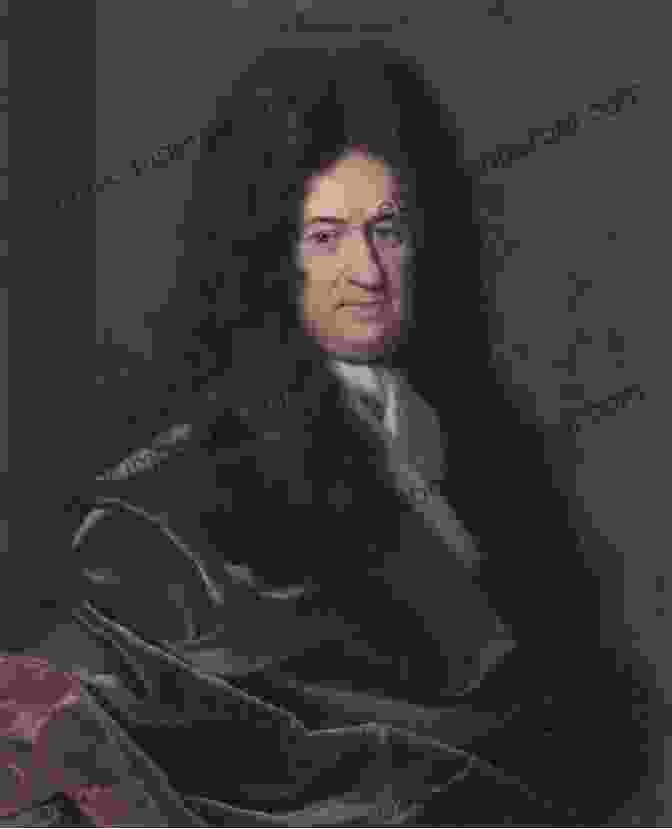
A Legacy of Enlightenment
John Locke, Baruch Spinoza, and Gottfried Leibniz were three of the most important philosophers of the Enlightenment. Their ideas about human nature, knowledge, and the world around us have had a profound impact on Western thought and continue to shape our understanding of ourselves and our place in the universe.
Their legacy is one of intellectual enlightenment and philosophical progress. They have taught us to question our assumptions, seek knowledge through reason and experience, and strive for a better understanding of the world around us.
4.2 out of 5
| Language | : | English |
| File size | : | 911 KB |
| Text-to-Speech | : | Enabled |
| Screen Reader | : | Supported |
| Enhanced typesetting | : | Enabled |
| Word Wise | : | Enabled |
| Print length | : | 41 pages |
| Lending | : | Enabled |
Do you want to contribute by writing guest posts on this blog?
Please contact us and send us a resume of previous articles that you have written.
 Book
Book Novel
Novel Page
Page Chapter
Chapter Text
Text Story
Story Genre
Genre Reader
Reader Library
Library Paperback
Paperback E-book
E-book Magazine
Magazine Newspaper
Newspaper Paragraph
Paragraph Sentence
Sentence Bookmark
Bookmark Shelf
Shelf Glossary
Glossary Bibliography
Bibliography Foreword
Foreword Preface
Preface Synopsis
Synopsis Annotation
Annotation Footnote
Footnote Manuscript
Manuscript Scroll
Scroll Codex
Codex Tome
Tome Bestseller
Bestseller Classics
Classics Library card
Library card Narrative
Narrative Biography
Biography Autobiography
Autobiography Memoir
Memoir Reference
Reference Encyclopedia
Encyclopedia Kim Hermanson
Kim Hermanson Kim Donehower
Kim Donehower Kevin Bridges
Kevin Bridges Kerri Ryan
Kerri Ryan Kerriann Flanagan Brosky
Kerriann Flanagan Brosky Ken Binmore
Ken Binmore Kevin Quinn
Kevin Quinn Kenneth Kobre
Kenneth Kobre Kim Zimmer
Kim Zimmer Kenneth M Lamaster
Kenneth M Lamaster Kevin Fox Gotham
Kevin Fox Gotham Kevin Loring
Kevin Loring Kevin Baker
Kevin Baker Ken Duncan
Ken Duncan Kevin T Patton
Kevin T Patton Kevin Meininger
Kevin Meininger Kenneth J Carpenter
Kenneth J Carpenter Kimberly Mays
Kimberly Mays Kevin Leman
Kevin Leman Kike Arnaiz
Kike Arnaiz
Light bulbAdvertise smarter! Our strategic ad space ensures maximum exposure. Reserve your spot today!

 John UpdikeAmateur Hour Motherhood In Essays And Swear Words: Unfiltered Truths for the...
John UpdikeAmateur Hour Motherhood In Essays And Swear Words: Unfiltered Truths for the... Hamilton BellFollow ·6.7k
Hamilton BellFollow ·6.7k Darius CoxFollow ·13.5k
Darius CoxFollow ·13.5k Eliot FosterFollow ·17.1k
Eliot FosterFollow ·17.1k Andy ColeFollow ·7.8k
Andy ColeFollow ·7.8k Arthur Conan DoyleFollow ·19.9k
Arthur Conan DoyleFollow ·19.9k Scott ParkerFollow ·7.2k
Scott ParkerFollow ·7.2k Brent FosterFollow ·19.7k
Brent FosterFollow ·19.7k Gil TurnerFollow ·7.8k
Gil TurnerFollow ·7.8k

 Chadwick Powell
Chadwick PowellDiscover the Secrets of Optimal Health with "The Healthy...
Preface: Embark on a Transformative...

 Andres Carter
Andres CarterUnveiling the Profound Journey of Womanhood: A Daughter's...
In the tapestry of...
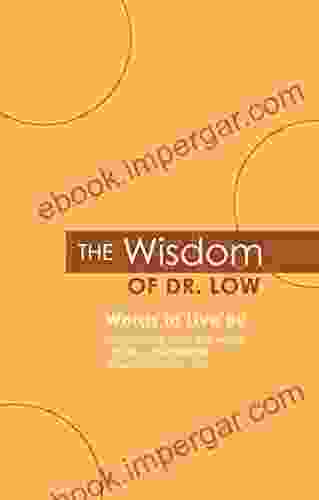
 Travis Foster
Travis FosterWords to Live By: The Essential Guide to Finding...
Words have the power to shape our...

 Chinua Achebe
Chinua AchebeThe Ultimate Guide for Men to Recover from a Breakup
: Breakups are never...
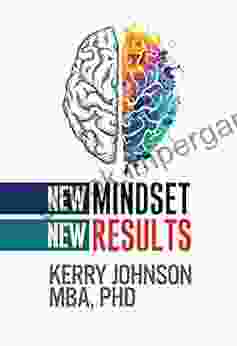
 Spencer Powell
Spencer PowellNew Mindset, New Results: The Proven Path to Unleashing...
About the Book ...
4.2 out of 5
| Language | : | English |
| File size | : | 911 KB |
| Text-to-Speech | : | Enabled |
| Screen Reader | : | Supported |
| Enhanced typesetting | : | Enabled |
| Word Wise | : | Enabled |
| Print length | : | 41 pages |
| Lending | : | Enabled |


